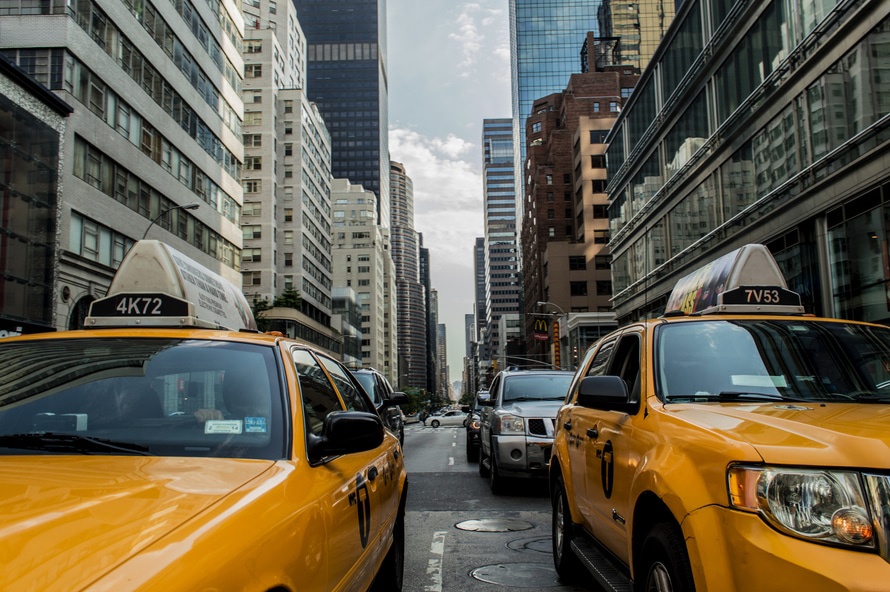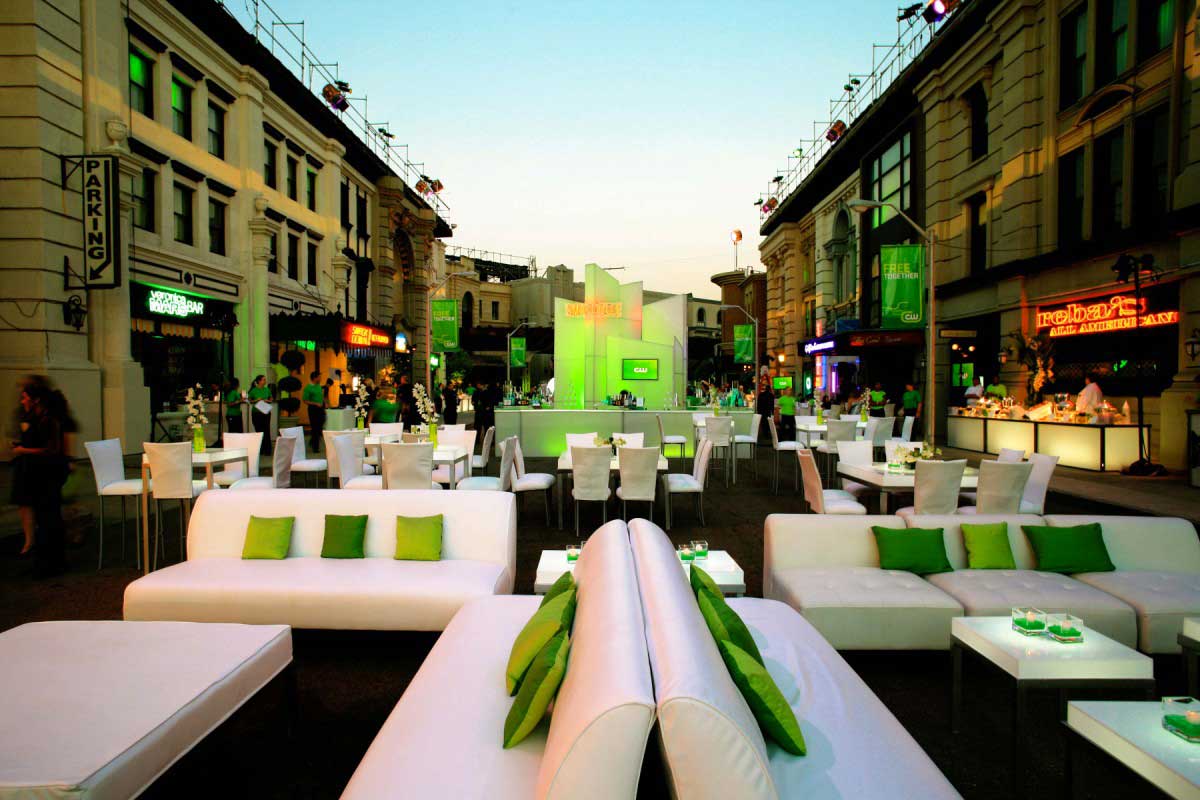Sustainability needs to be embedded into business models: it is a catalyst for innovation and a driver for profit. It is an opportunity for businesses, society and the planet.
With live events increasingly becoming part of many brands content marketing strategies, it makes sense that brand professionals need to be considering the implementation of sustainability into their events.
Sustainability & Responsibility
Too often people think that implementing sustainability into events includes that it is too complicated or too expensive.
People assume the government is taking care of it, event professionals assume the hotel is taking care of it, marketers assume that the event organisers are taking care of it.
As event professionals we have the ability to change behaviour in a multi dynamic way.
We can demand sustainability from our suppliers. If suppliers do not have a sustainable offer then we can encourage them to adopt one. We can change the behaviour of delegates by implementing small changes to the delivery of our events to ensure we leave less of a carbon footprint – changes that actually enhance the attendee experience. We can also educate delegates by explaining why we are making these changes.
By making attendees consciously aware of the changes we make, we are able to improve our own business image, reduce our impact on the environment and change delegate behaviour to reduce their impact on the environment. We are able to support social projects and local businesses.
In Conclusion
The world won’t save itself and individual torch bearers can’t do it alone. This is is going to take collaboration between all sectors to create an industry wide shift.










